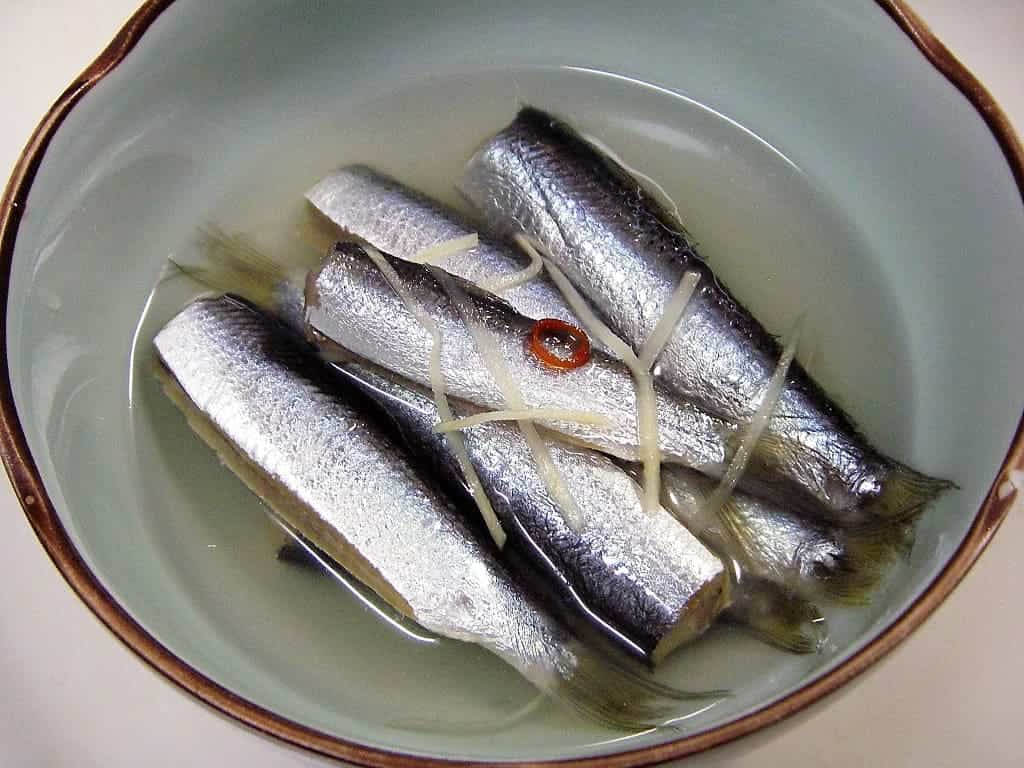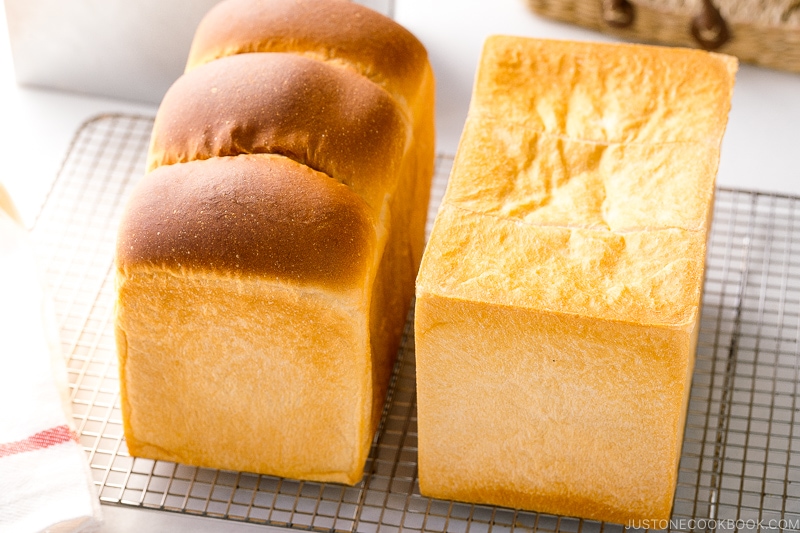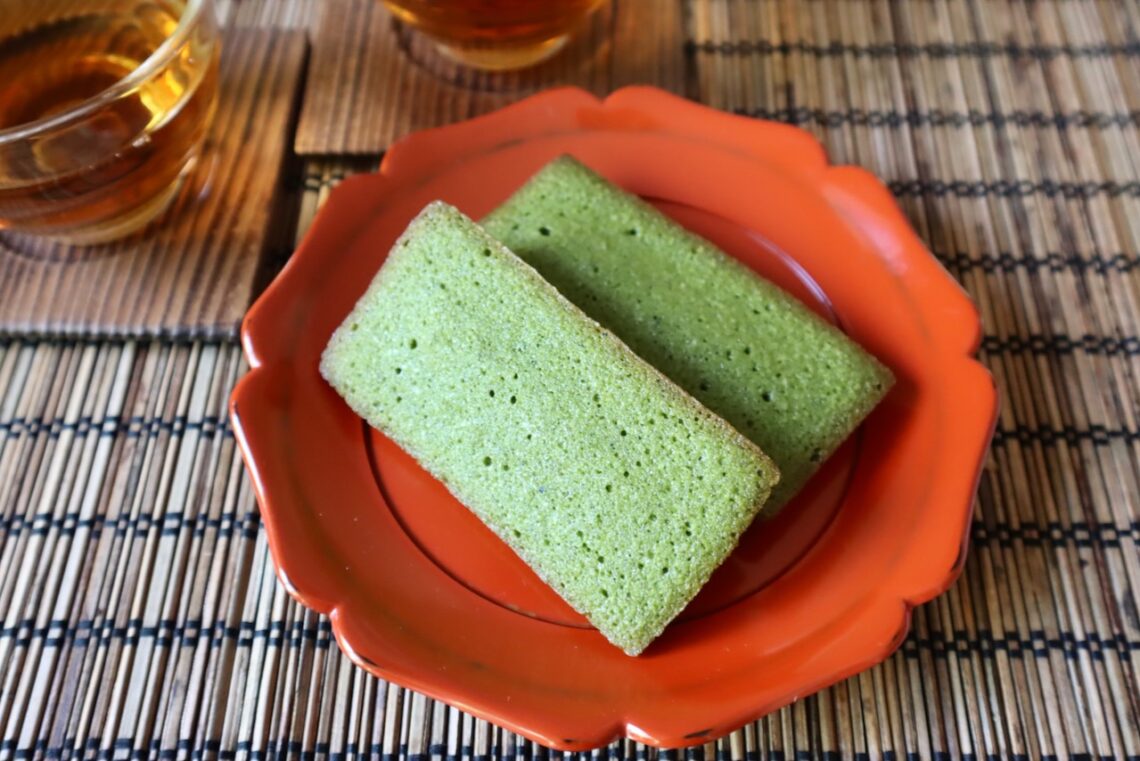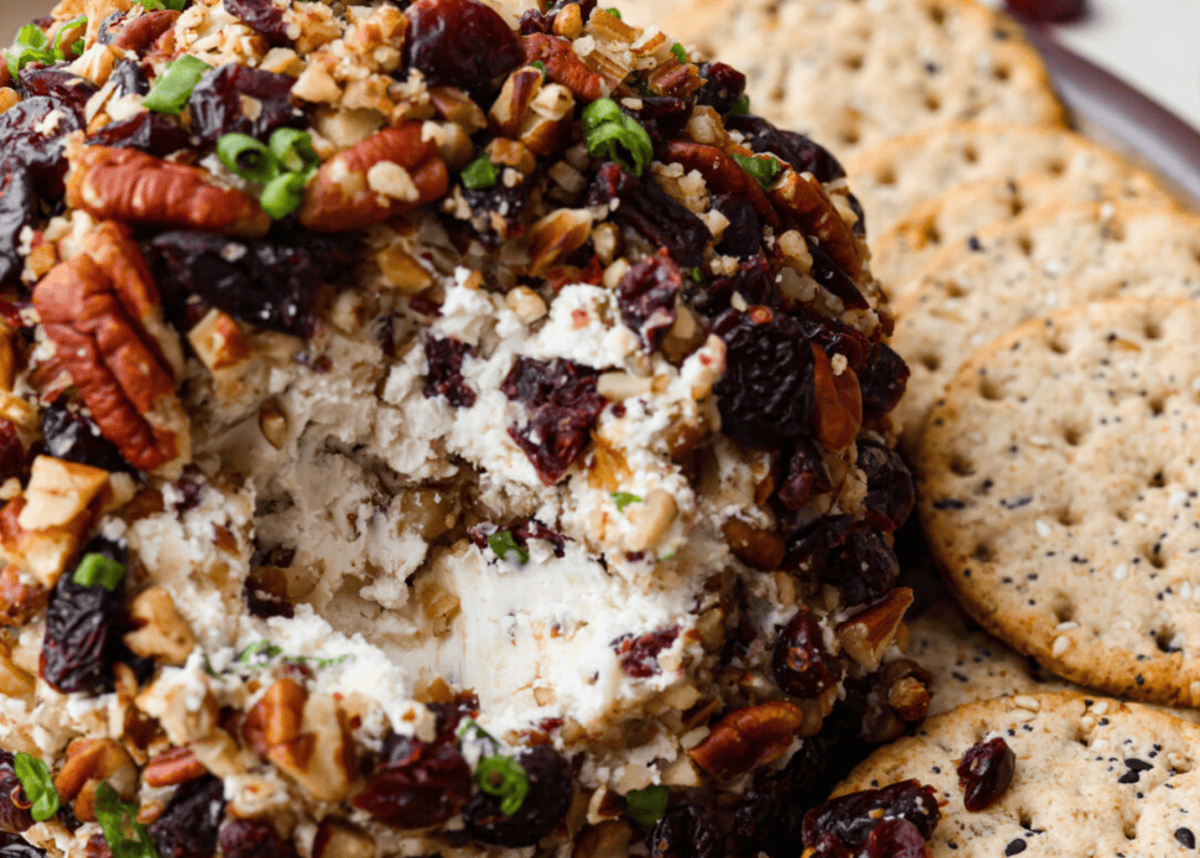
Tempura Under 25 Minutes Good for Sharing Mushroom Vegan Vegetarian
To truly savor the natural flavors of your ingredients, keep your cooking process simple. Today, I’ll introduce one of the most iconic examples of minimalist Japanese cooking: tempura, featuring seasonal mushrooms.
Mushrooms are a nutritious addition to your diet. While the nutrients vary slightly by type, they are generally low in calories, high in fiber, and packed with essential vitamins and minerals.
Japanese supermarkets often carry a variety of mushrooms, such as shiitake, shimeji, maitake, enoki, eringi (king trumpet mushroom), and nameko. Each type brings unique flavors and textures to your tempura:
- Shiitake: Known for its rich umami flavor, deep-frying shiitake transforms it into a juicy, succulent bite bursting with umami goodness.
- Shimeji and Eringi: These mushrooms have mild, earthy flavors that complement more robust ingredients, making them versatile choices for tempura.
- Maitake: Prized for its umami taste and frilly texture, maitake crisps beautifully, making it a tempura favorite.
- Enoki: This mushroom’s thin stems and mild flavor offer a delightful crunch, adding a unique texture to your dish.
- Nameko: While often used in miso soup for its slippery texture, nameko tempura provides a smooth, crunchy contrast that’s both unexpected and delightful.
For added convenience, consider using dried shiitake or dried kikurage. These mushrooms have a long shelf life, so you can always have the makings of mushroom tempura on hand.
For a touch of seasonal flair, try adding autumn ingredients like sweet potatoes, chestnuts, or gingko nuts to your tempura. A light sprinkle of salt before eating enhances their natural sweetness and pairs perfectly with the crispy batter.
Traditionally, tempura is served with tentsuyu, a dipping sauce made from dashi soup stock. This sauce complements the flavors of tempura, bringing a harmonious balance to each bite. I’ve included a recipe below for you to try at home.
Enjoy a taste of seasonal Japanese tempura, celebrating the simplicity and natural flavors of these delightful mushrooms!
Overview
Prep time: 5 mins
Cook time: 20 mins
Total time: 25 mins
Total servings: 3
Difficulty: Easy
Ingredients
- 6 shiitake mushrooms
- 1 eringi mushroom (king trumpet mushroom)
- 130g maitake mushroom
- 2 tbsp all-purpose flour (for coating mushrooms)
- 100g all-purpose flour (for tempura batter)
- 26g beaten egg
- 200ml cold water
- cooking oil (as needed for deep frying)
- 200ml dashi soup stock
- 40ml soy sauce
- 40ml mirin
- 30g ginger (with peel, grated)
Expert's Tip:

If you’re looking to simplify the process of making tempura, I highly recommend this tentsuyu dipping sauce. Packed with rich umami flavor, it’s made from traditionally brewed organic soy sauce, Japanese bonito flakes, and broths crafted from mackerel, shiitake mushrooms, and Hokkaido kombu. This flavorful sauce will elevate your tempura dish to the next level!
Instructions

1) Gather the Ingredients
Start by collecting all the ingredients. To make cold water, keep it in the fridge beforehand to ensure it's chilled. Using cold water for the tempura batter is crucial, as it prevents the batter from developing gluten, resulting in a light and crispy texture.
Avoid washing the mushrooms with water, as this can strip them of their nutrition, flavor, and texture. Instead, gently wipe them clean with tightly squeezed paper towels if needed.


2) Prepare the Dipping Sauce
Prepare a small pot and add dashi soup stock, soy sauce, and mirin. Heat it over medium-high heat and bring to a boil. Once boiling, simmer for about 30 seconds to allow the alcohol in the mirin to evaporate.


3) Prepare the Mushrooms and Ginger
Prepare the ingredients as follows:
- Shiitake mushrooms: Remove the stems. (See Step 8 for how to use the stems.)
- Eringi mushroom: Cut into 1cm slices.
- Maitake mushroom: Separate into small clusters.
- Ginger: Peel the skin and grate it.
4) Prepare the Batter
Sift the all-purpose flour to prepare the tempura batter. In a separate bowl, combine the cold water and beaten egg, mixing thoroughly with chopsticks. Gradually add this mixture to the sifted flour and whisk gently until the batter is fluid with a slightly lumpy texture.


5) Coat the Mushrooms
Lightly coat the mushrooms with all-purpose flour.


6) Deep-Fry the Mushrooms
Dip the floured mushrooms into the prepared batter, ensuring they are fully coated.
Heat cooking oil in a deep-frying pot to a depth of at least 3 cm.
Bring the oil to 170-175°C, testing the temperature by dropping a bit of batter into the oil—if it sinks and then floats, the oil is ready.
Deep-fry the mushrooms in small batches for 2-3 minutes, flipping them occasionally.
Start with the caps of the shiitake mushrooms facing up and then flip them over.
To achieve a crisper texture, drizzle extra batter onto the mushrooms while frying.
After frying, drain excess oil using a tray with a wire rack and remove any leftover tempura bits from the oil.
7) Serve
Arrange the tempura on a plate and serve with tentsuyu dipping sauce, grated ginger, and salt, if desired. Enjoy!


8) Tip: Save Shiitake Mushroom Stems for Soups!
The stems of shiitake mushrooms are a great addition to miso soup, so don’t throw them away. Trim off the firm edges with a knife and cut the stems in half. Store them with other ingredients for your next batch of miso soup, adding a touch of umami to your dish while reducing waste!
About the author
Megumi is a recipe writer based in Chiba, Japan. She carries a Bachelor in the Faculty of Foreign Studies and is interested in creating content about Japanese cuisine and traditional confectioneries. Megumi is most interested in making Japanese recipe content, and in her free time, she likes to play the piano, make handcrafted goods, and hula dance. She hopes to inspire Japanese Taste readers to make Japanese recipes at home and of course share more about Japanese culture.
View articles by Megumi Moriya











 English (US) ·
English (US) ·